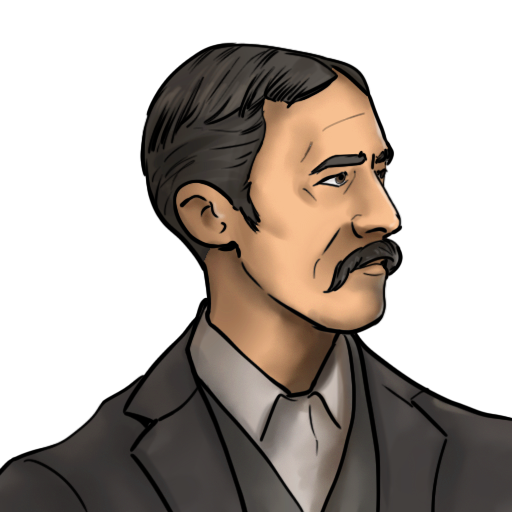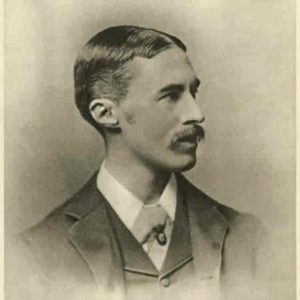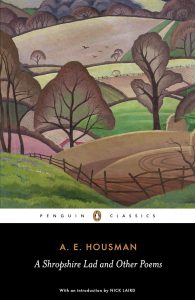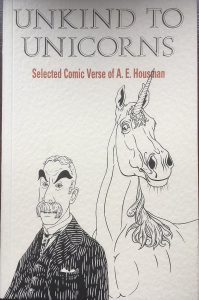
More than 100 years ago, in the country of England, there lived a poet named Alfred Edward Housman. Born on March 26, 1859 in a small town called Fockbury, Housman was not just any poet; he had a special gift for painting pictures with words, creating poetry that touched the hearts of many, including kids.

Early Days and Dreams
Housman was the oldest of seven children, growing up in a house full of laughter and love. From a young age, he loved to read and write, finding magic in the pages of books. His family moved to Bromsgrove, where he attended Bromsgrove School and excelled in his studies, especially in classics, which means he knew a lot about ancient Greek and Roman cultures.
After school, he wanted to learn even more, so he went to St John’s College in Oxford. He loved studying the classics, but university life had its ups and downs, and he faced challenges that made his path a bit rocky. Despite this, Housman never stopped writing, using his pen to express his feelings and thoughts about the world around him.
Finding His Voice in Poetry
Housman didn’t write specifically for children, but his poetry has something special that speaks to all ages. His most famous collection of poems, A Shropshire Lad, published when he was 37, is filled with beautiful, sad, and thoughtful poems about the countryside, love, and loss. The simplicity and beauty of his words paint vivid pictures of the English landscape, making readers feel like they’re walking through the green fields and hills he describes.
Why would kids enjoy reading A Shropshire Lad? Because Housman’s poems are like little stories that open windows to new worlds. They show us the beauty of nature, the changing seasons, and the simple joys of life. His poetry makes us think and feel deeply, and even though some themes are a bit serious, they’re written in a way that’s gentle and easy to understand.
Housman’s poems are special because they talk about feelings we all have: happiness, sadness, wonder, and hope. He had a way of finding beauty in sadness and teaching us to appreciate the world around us. His poems remind us to notice the small things in life, like the color of the sky at sunset or the quiet beauty of a country lane.
Housman’s Humorous Side
But he wasn’t just serious all the time; he actually had a funny side too! He wrote some really playful and silly poems, such as “Inhuman Henry” and “Amelia Mixed the Mustard,” that made people chuckle. These laugh-out-loud poems were gathered together in a book called Unkind to Unicorns: Selected Comic Verse of A.E. Housman way back in 1995, which is quite a long time after he had passed away. So, even though Housman is mostly known for his more serious poetry, this special book shows he also knew how to have fun with words and make us smile.
Housman’s Gift to Us
A. E. Housman may have lived a long time ago, but his poetry is still loved by people all over the world. He showed us that poetry doesn’t have to be complicated to be meaningful. It can be about simple things and still make us think, feel, and see the world in a new light.
He taught us that poetry is all around us, in the landscapes we see, the emotions we feel, and the thoughts we think. He teaches us that words are powerful and can create beautiful images and feelings that stay with us long after we’ve finished reading.
Even though he didn’t write poems with children in mind, his work has a timeless quality that appeals to young readers. His clear, lyrical style and themes of nature and emotion resonate with people of all ages, inviting us into a world where every word matters and every poem tells a story. And his humorous poems are still bring a smile our faces all these years later.
So, the next time you’re outside, take a moment to look around and think of Housman’s poems. Maybe you’ll see the world a bit like he did—a place full of beauty, wonder, and endless inspiration for stories and poems of your own. A. E. Housman may have been a poet from another time, but his words remind us that the magic of poetry is something that never gets old, no matter how young or old you are.







